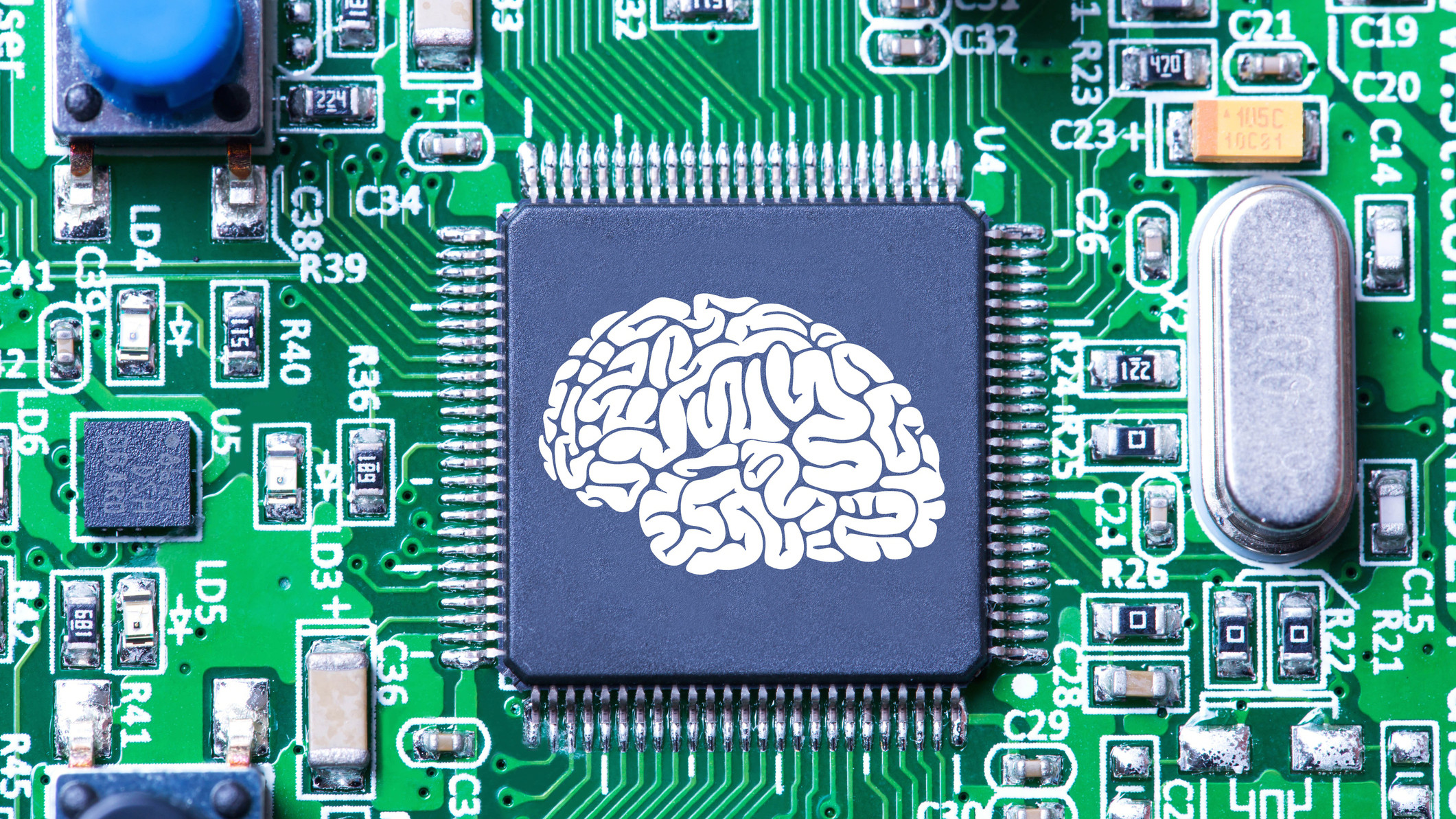Brainchip closes H1 with revenue growth, US$8.4m loss as it eyes commercialisation for its Akida AI chip

The Akida AI chip can learn autonomously, even when its already deployed in the field.
Semiconductor company Brainchip (ASX:BRN) is set on commercialising its neuromorphic processor Akida, an artificial intelligence (AI) chip that essentially functions like a human brain.
Despite being in a pre-revenue R&D phase, shares in BRN rose from a post-pandemic low beneath 5c to highs of more than 90c last year, a move which attracted plenty of investor attention.
The company says its technology has applications across AI-driven autonomous devices like autonomous vehicles, internet-of-things (IoT) devices, drones, robotics, and in medical diagnostics.
And this month, Brainchip received the first batch of AKD1000 production chips from supplier SocioNext America and after testing and quality control.
Brainchip results
BRN said Akida could be commercially available as soon as October or November this year.
In the meantime, the company reported half year revenues this morning of US$767,545.
Over the same period last year it was effectively pre-revenue, booking $13,397 in what it described as “development service revenue”
So on a comparative basis, that marks a healthy gain of 5,629%. Due largely to research & development costs, the company booked an operating loss of more than $8.4m. It finished the half-year with around US$17.6m in the bank.
Of the US$767,545 amount, Brainchip ascribed US$412,500 of it to license revenue, with US$303,040 from development service revenue and US$52,000 to product revenue.
Shares in Brainchip were trading steady just below 50c following its results announcement.
Akida uses less power and needs less bandwidth
Currently, the global semiconductor shortage is predicted to persist out to the middle of 2022.
Pitt Street Research analyst Marc Kennis is bullish on the company, and says the Akida chip can learn autonomously, even when its already deployed in the field.
“It also improves the overall performance of artificial intelligence (AI)-dominated systems by substantially reducing latency and power consumption,” he said.
“Additionally, given that Akida can do most of its processing on-chip rather than rely on data centres, there’s no need for continuous internet connections.
“In other words, Akida helps solve three big problems that today’s AI solutions struggle with all at once.
“Specifically, Akida needs no, or much lower, internet bandwidth, it uses substantially less power, and it takes edge computing to the next level through its much lower latency.”
Smart home products a US$135bn market
“Following the commercial launch, we expect BRN, through its early access program, to attract some of the biggest strategic names in the semiconductor industry as well as product end costumers, like electronics companies,” Kennis said.
Not only does Akida have potential applications in industrial, aerospace, defence, automotive, and health care – it also has potential in consumer goods or ‘smart products’, he added.
“The smart home market alone is expected to be worth US$135bn by 2035,” Kennis said.
“Using Akida technology, businesses can leverage the power of neuromorphic computing to enhance the performance of their smart products by reducing latency, improving energy efficiency and allowing for continuous, unsupervised learning.”
Licensing Akida IP
The company plans to license the Akida IP to customers, generating revenues from multiple sources:
- Non-recurring engineering (NRE) work related to specific integration needs;
- One-off licencing fees;
- Recurring royalties from each chip sold by the company’s customers; and
- Revenues from chip and module sales.
UNLOCK INSIGHTS
Discover the untold stories of emerging ASX stocks.
Daily news and expert analysis, it's free to subscribe.
By proceeding, you confirm you understand that we handle personal information in accordance with our Privacy Policy.







